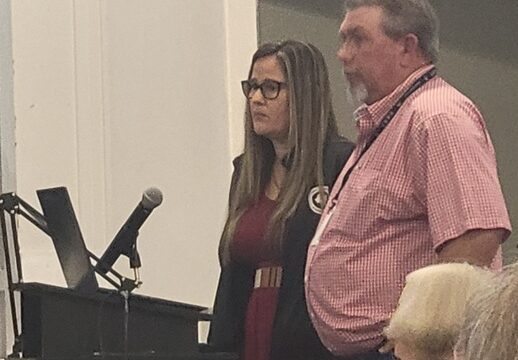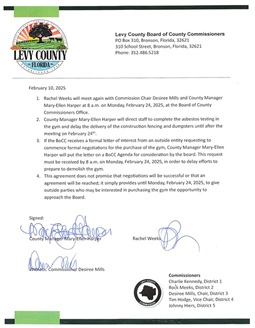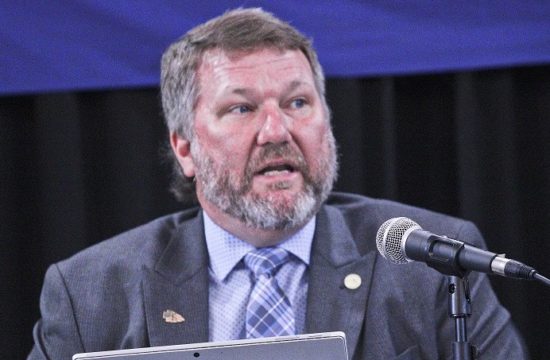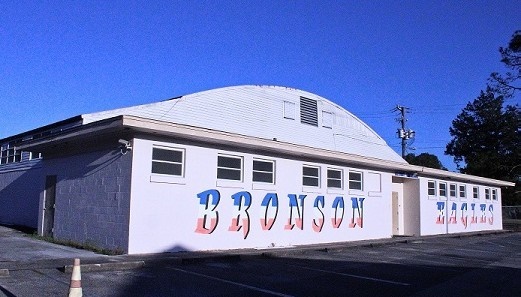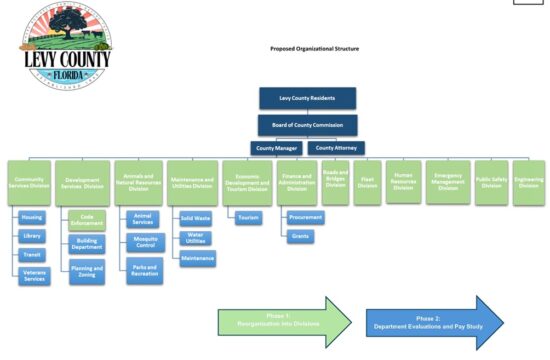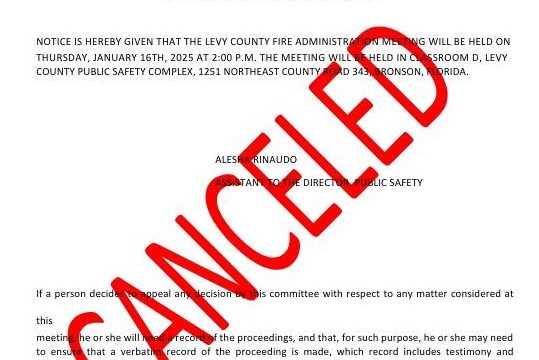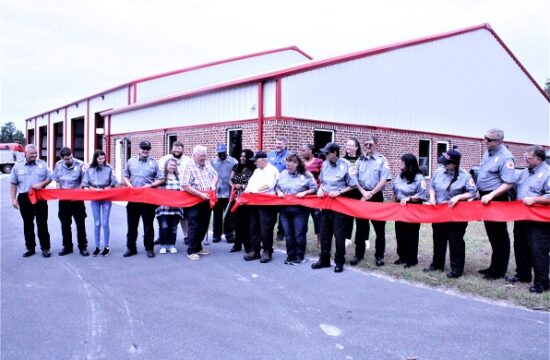By Terry Witt – Spotlight Senior Reporter
A small town in Alabama that boasts of five industrial parks and a thriving business climate was visited in September by Levy County Commissioner John Meeks and officials of Gilchrist and Dixie counties who wanted to learn about the city’s successes in economic development.
Meeks said the economic development trip focused on Thomasville, Alabama.
Thomasville, a city of about 3,900 people, has a mayor who is a whiz at leveraging state monies with local monies to build a business climate that attracts jobs, produces income, and increases the tax base of the community. The mayor views economic development as a long-term process, Meeks said, speaking at a recent county commission meeting.
“The biggest overarching message is economic development is not a sprint, it’s a marathon,” Meeks said. “They’ve been at it for 27 years, but in 27 years they have built five industrial parks in their community, not in the county, but in their community.”
He said Thomasville is home to the biggest OSB mill in the country. OSB is similar to particle board. Layers of wood are glued to make boards. Meeks said the city has another sawmill that processes eight railcars of lumber daily. The city has a natural gas business.
Meeks said the city buys natural gas futures, which means it owns the gas but doesn’t have it stored in tanks locally. It resells the gas to customers like Disney World, which is part of Reedy Creek Improvement Park. When Reedy Creek buys a 1,000-gallons of natural gas, it writes a check to Thomasville.
Thomasville is a thriving city with a vision of how to develop economically.
“They revitalized their downtown. They really opened my eyes and some other folks’ eyes as to what economic development is. It’s beyond just – let’s fix up an old building downtown. Let’s create new jobs. Again, it’s been 27 years in the works. It’s not like it’s been an overnight success,” Meeks said. “Everything they have made, all the money that has come in, has been reinvested back in economic development. They don’t do an economic development project and take that money and put it in the general fund and spend it on something else. They reinvest.”
After building their first industrial park, the city constructed a “spec” building in hopes of attracting a business to locate in the structure. Future business owners didn’t like the building, but they were impressed with the utilities and access to the internet being offered at the industrial park. The company constructed its own building and took advantage of what the city was offering for internet and utilities.
“They said we don’t like your building, but we’ll build a building in this industrial park if you provide XY&Z and they have taken that tax money and done so many things to beautify their county without having to take money away from their economic development,” Meeks said.
Meeks said in Thomasville, the city takes care of the school and takes care of all maintenance at the school. He said the athletic fields were immaculate.
“They have enough money and staff because enough people come there and shop. People within 40 miles come to shop at those stores. They are investing in the community. Those 100 guys working at the mill like to eat at those restaurants, so restaurants are built, a sort of snowball thing,” Meeks said. “A lot of that doesn’t translate to us. They have a railroad through town. We don’t really have a railroad spur through this part of the county. We do have one in Williston that can be utilized.”
Meeks said the economic development trip recharged his political batteries.
“It was worth the trip for me to be re-energize and rejuvenate my look at things. This kind of gets you down. You do this job long enough and enough stuff is piled on you and you start asking why you are doing this, why am I spending my time,” he said. “One of the things this guy said, is if you don’t like what you’re doing, get out. You don’t need to be here. You don’t need to be elected.”
After his visit to Thomasville, Meeks said he came away with a better understanding of economic development, and having worked with Scott Osteen, director of the Nature Coast Business Development Council, he feels he has an understanding of what the county needs to do, how to assist municipalities and the county as a whole.
“Everyone benefits as a whole from economic development. The old saying about the rising tide lifts all boats. If something good happens in Chiefland or Williston or even in Gilchrist and Dixie counties, it benefits us and that’s what we should all work together to pursue,” Meeks said.
He said he hopes the knowledge he and Osteen gained from the trip can be brought back to Levy County to create more jobs for the community and generate more tax revenue for local governments.
“The tax revenue generated by their industrial parks is astronomical,” Meeks said of Thomasville.
Osteen has advocated bringing Dixie and Gilchrist Counties under the umbrella of the Nature Coast Business Council, in part to generate more staff for his office, but the proposal hasn’t gained much traction with county commissioners.
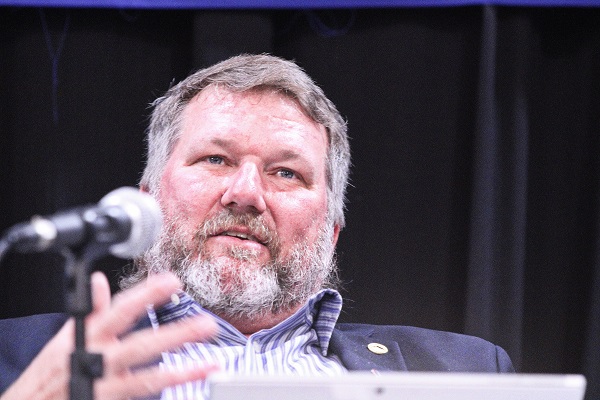
—————————-
Board of County Commission Regular Meeting October 4, 2022; Posted October 15, 2022



